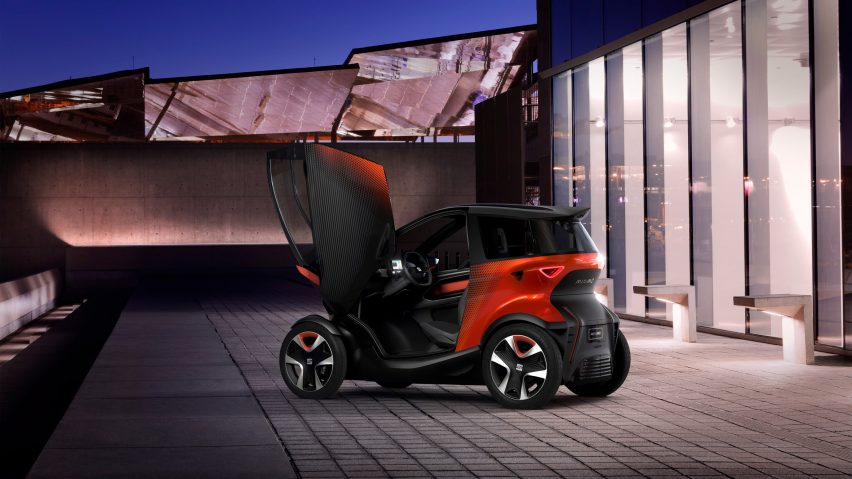
Ten electric cars getting in gear at Geneva Motor Show 2019
The Geneva Motor Show kicked off yesterday and this year it's all about electrification, as impending EU emission laws force automotive brands to gear their efforts towards more eco-friendly, electric cars.
The 89th edition of the Geneva International Motor Show is on show at the Palexpo exhibition and trade centre in Le Grand-Saconnex until 17 March.
This year, brands seem to have put the brakes on far-reaching concepts and driverless tech, instead opting for more realistic, greener, electric models that could easily be seen on the roads in the near future.
While recent fatal road accidents with self-driving cars have shaken consumers' confidence in driverless technologies, the choice to focus on electrification is most likely motivated by the strict EU emissions rules that will be put into place next year.
New CO2 emission standards coming into play
In late 2017, the European Commission presented a legislative proposal setting new CO2 emission standards for passenger cars and vans in the European Union, where all new cars can only emit 95 grams of CO2 per kilometre.
All new cars will have to comply with this rule by 2021, which is being phased in from 2020, with stricter targets applying from 2030.
Many companies, including Polestar, have therefore stated their determination to "address the world's air quality challenges" with the release of new, electric models.
From Fiat and Citroën, to Aston Martin and Pininfarina, a whole host of automotive brands are offering eco-friendly mobility options, both as affordable, commercial cars and more luxurious, upper-market models.
Here's our pick of the 10 best:
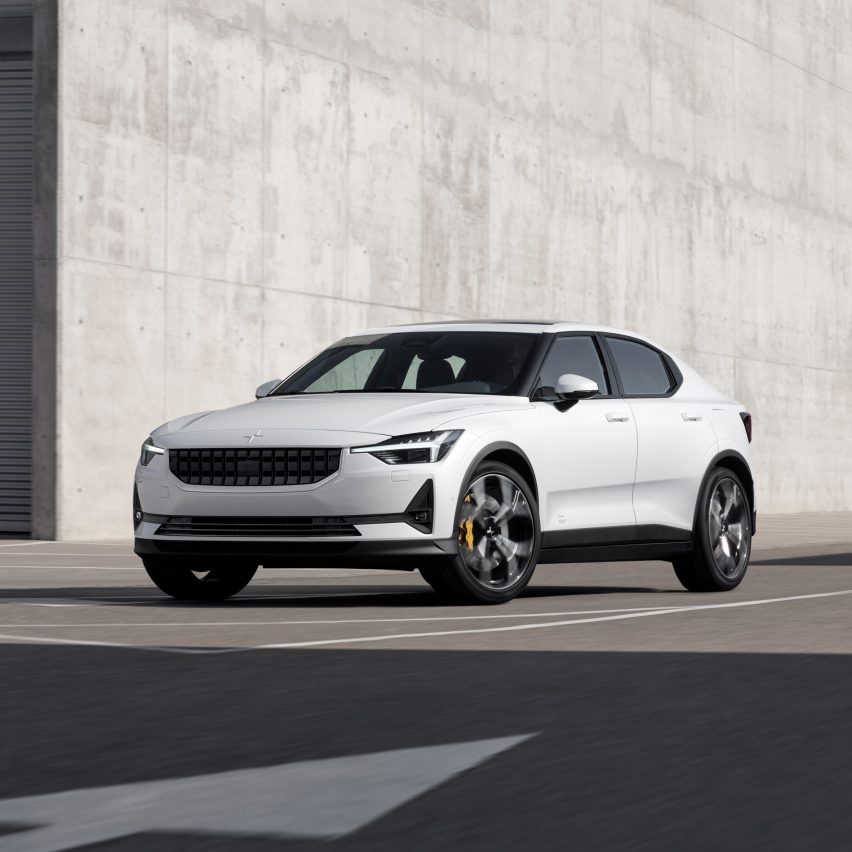
Polestar 2 by Polestar
Dubbed a rival to Tesla Model 3, Polestar's latest car is a fully-electric, five-door fastback coupé, and comes at a lower price than the company's previous model, with prices starting at €40,000.
Aiming to deliver optimum driving performance, the Polestar 2's electric powertrain is able to reach zero to 100 kilometres per hour (62 miles per hour) in less than five seconds.
In addition to a vegan textile interior, the Polestar 2 features phone-as-key technology and intelligent seat sensors that start up the car as soon as the driver is seated.
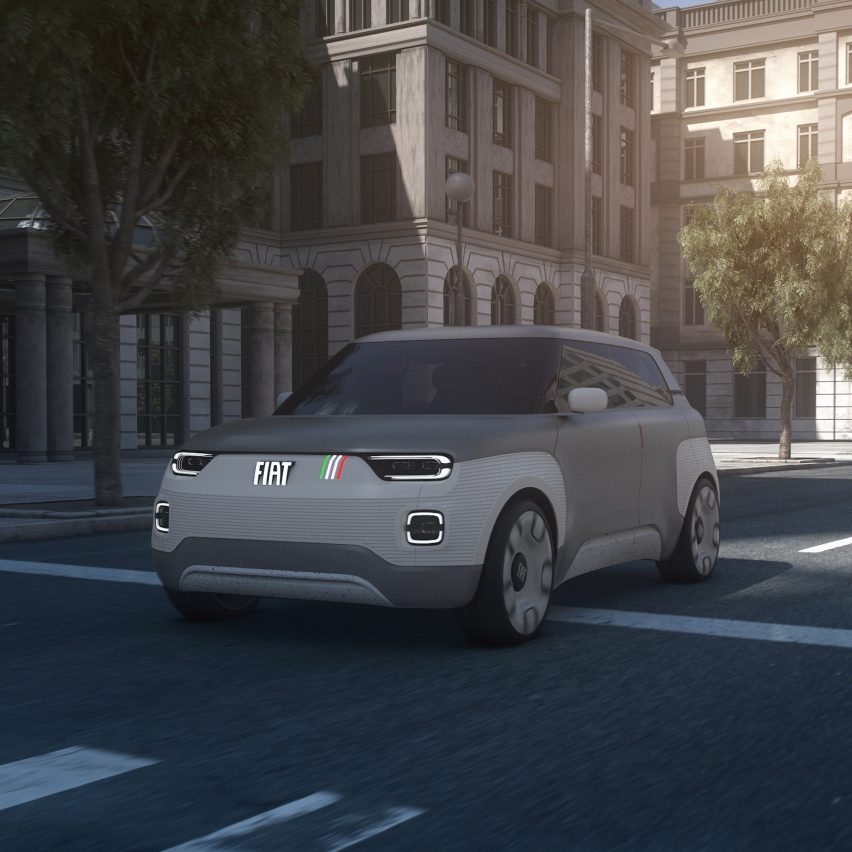
Centoventi by Fiat
Fiat presented an all-electric vehicle that is "affordable for all" at this year's motor show. The Centoventi – meaning "One Hundred and Twenty" in Italian – marks the manufacturer's 120th anniversary, and shows its vision for electric mass mobility in the near future.
According to Fiat, the Centoventi is a modern twist on the Fiat Panda of the 1980s. Customers can customise the car by choosing from four different roofs, bumpers, wheel covers and four external wrappings. Powered by a modular battery pack, users can buy or rent additional battery units to extend the driving range.
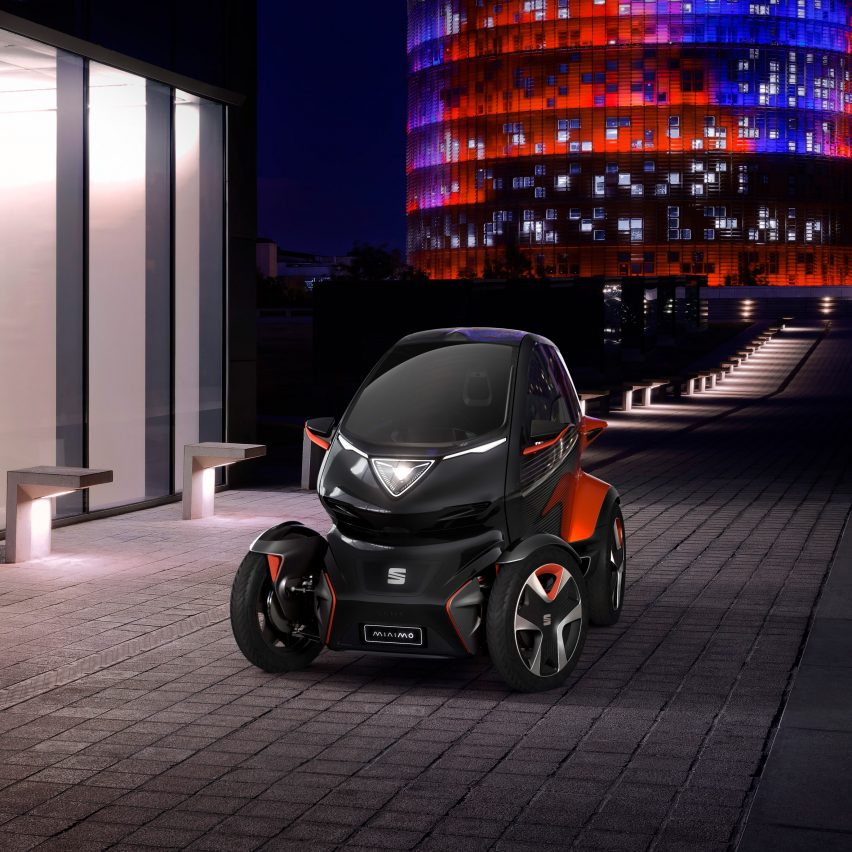
Minimó by Seat
Designed with city-dwellers in mind, this electric concept vehicle by Spanish manufacturer Seat – a member of the Volkswagen Group – combines the safety and comfort of a car with the agility and easy parking of a motorcycle.
Called Minimó, the compact vehicle accommodates up to two passengers and features a battery-swap system that can fully recharge the car in a matter of minutes, ridding the driver of the need to frequently visit car-charging stations.
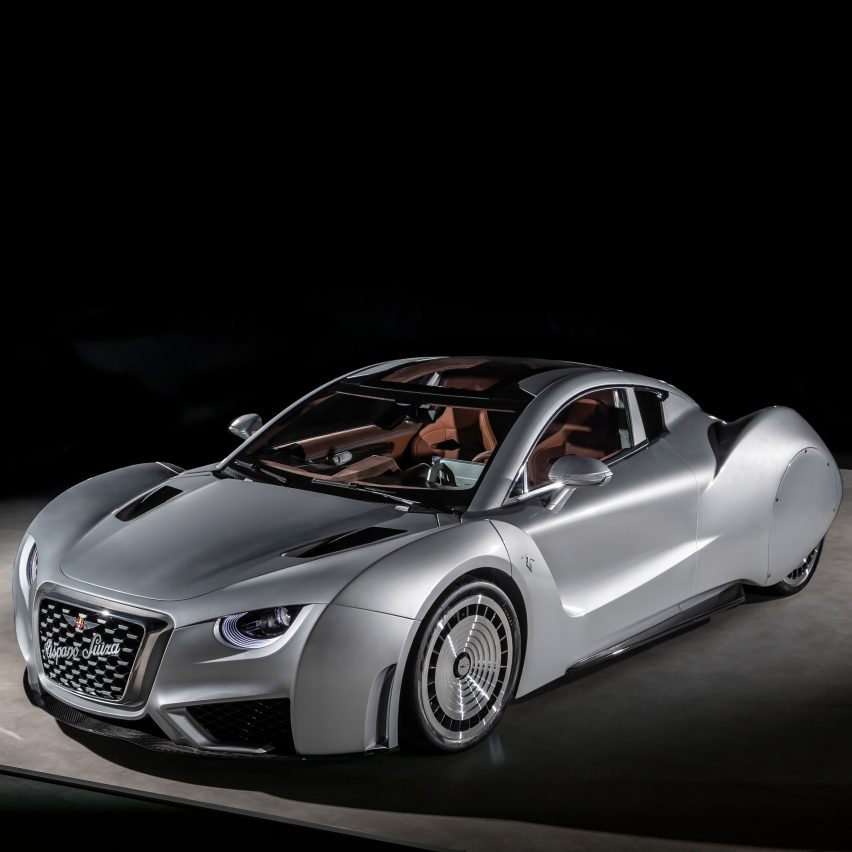
Carmen by Hispano Suiza
Previously known for creating pre-war luxury vehicles, 115-year-old Spanish car manufacturer Hispano Suiza aims to revive its brand with the debut of the €1.5 million Carmen car at the motor show.
The "hyperlux" touring vehicle combines hypercar performance with "exquisite luxury", featuring a carbon-fibre shell and a fully electric powertrain that can go from 0 to 100 kilometres per hour (62 miles per hour) in under three seconds.
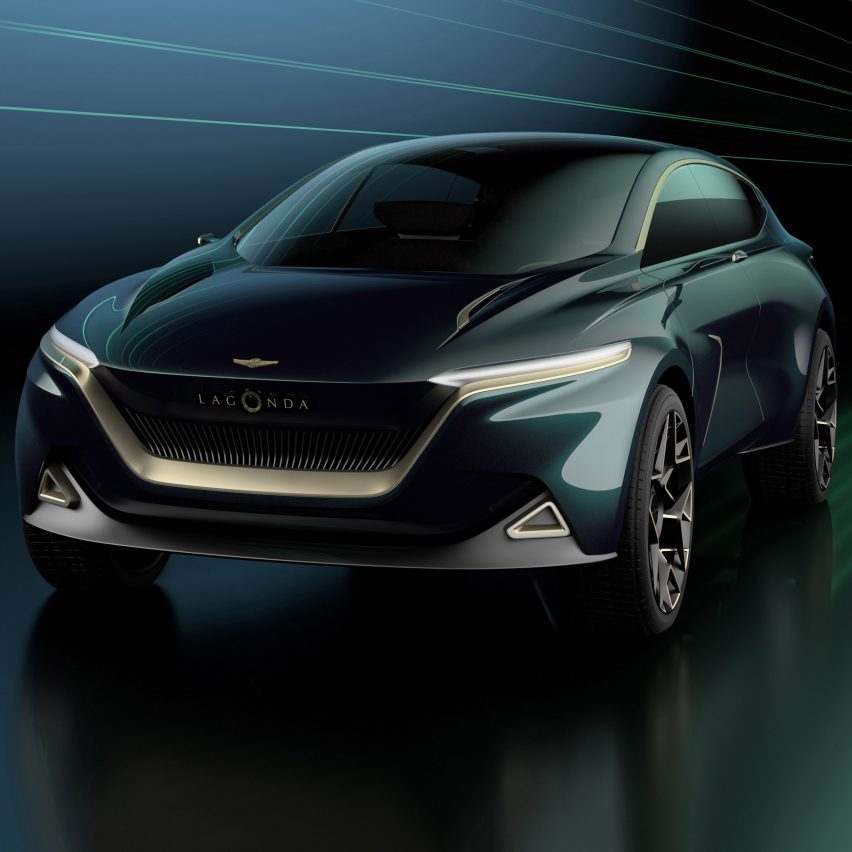
Lagonda All-Terrain Concept by Aston Martin
First revealed with a teaser of the interiors at last year's Geneva Motor Show, Aston Martin has now revealed the full model of its Lagonda All-Terrain Concept – a zero-emissions SUV planned to be put into production in 2022.
Taking its design cues from super yachts, Aston Martin describes the car as elegant yet robust, with futuristic shapes that look like they have been created by "the huge, planetary forces of gravity fields".
In line with this future-facing theme, the Lagonda also features a levitating key, which uses electromagnets to float between the front seats.
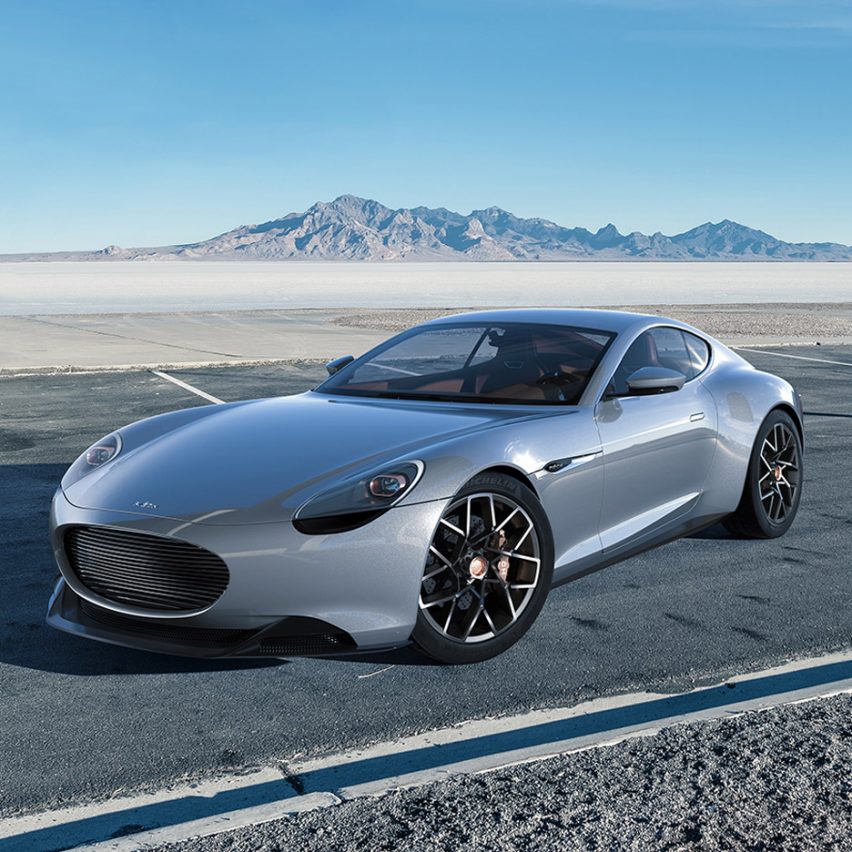
Mark Zero by Piëch Automotive
German-Swiss automobile startup Piëch designed the electric Mark Zero with a classic sports car aesthetic in mind, taking cues from the clean, round surfaces of designs from the 1960s and 1970s and reinterpreting these in a modern way.
"We took Steve McQueen as an example and asked ourselves what he might want to drive today," said the designers. The Mark Zero – Piëch's first ever car – is powered by a special type of battery that can be charged up to 80 per cent capacity in under five minutes.
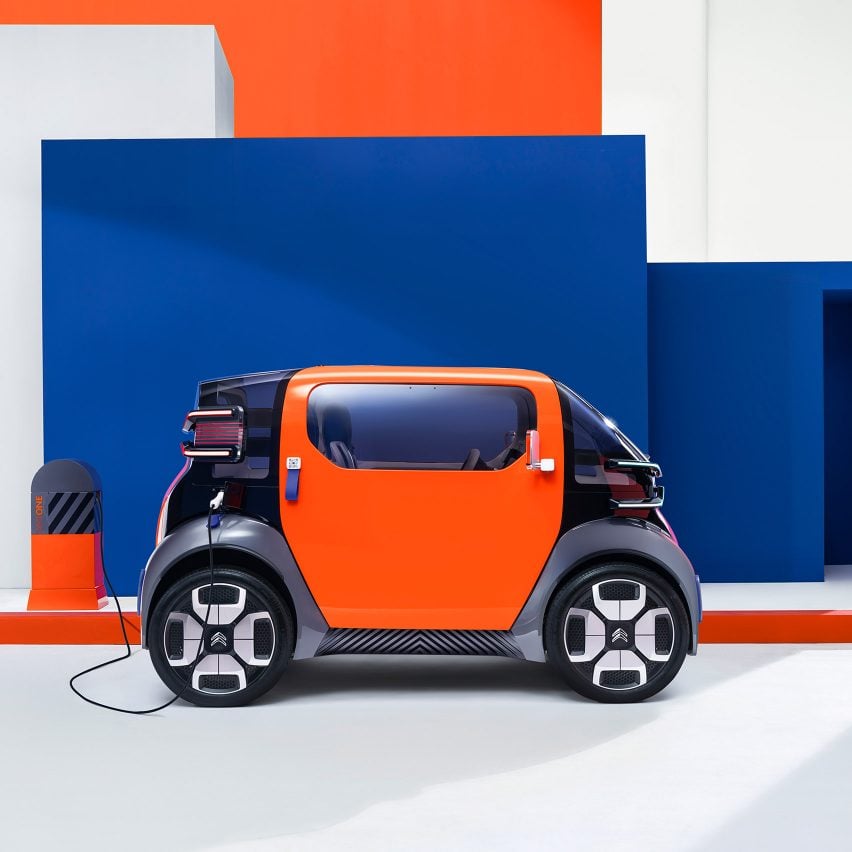
Citroën's Ami One electric concept vehicle is designed to be an alternative to urban transport such as hiring an electric bike or scooter to get around a city, or using public transport.
The ultra-compact vehicle has a top speed of just 28 miles per hour, meaning that in many countries it can be operated by people as young as 16, with or without a driving licence.
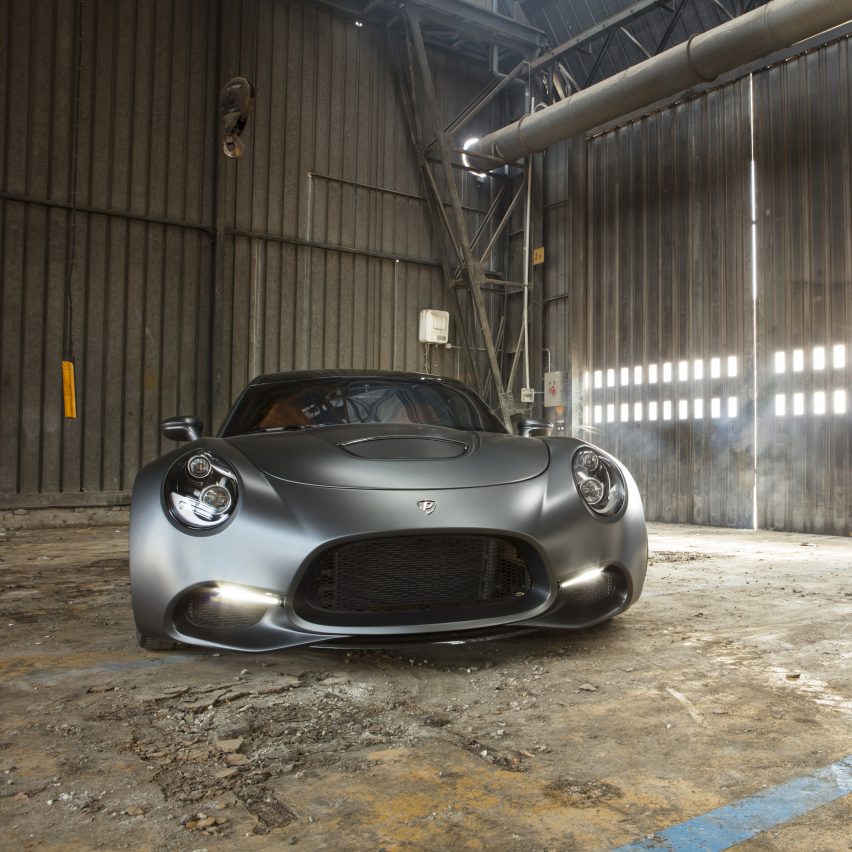
Berlinetta by Puritalia
Italian sports car maker Puritalia is debuting its latest sports car at this year's Geneva Motor Show. Powered by a super-hybrid engine, the Berlinetta pairs a V8 engine in the nose of the car with an electric motor on the rear axle to produce a 965 horsepower torque – controlled by artificial intelligence-based proprietary software.
Only 150 of these made-to-order sports cars will be released, and each carbon fibre model will be handcrafted to the buyer's own specifications.
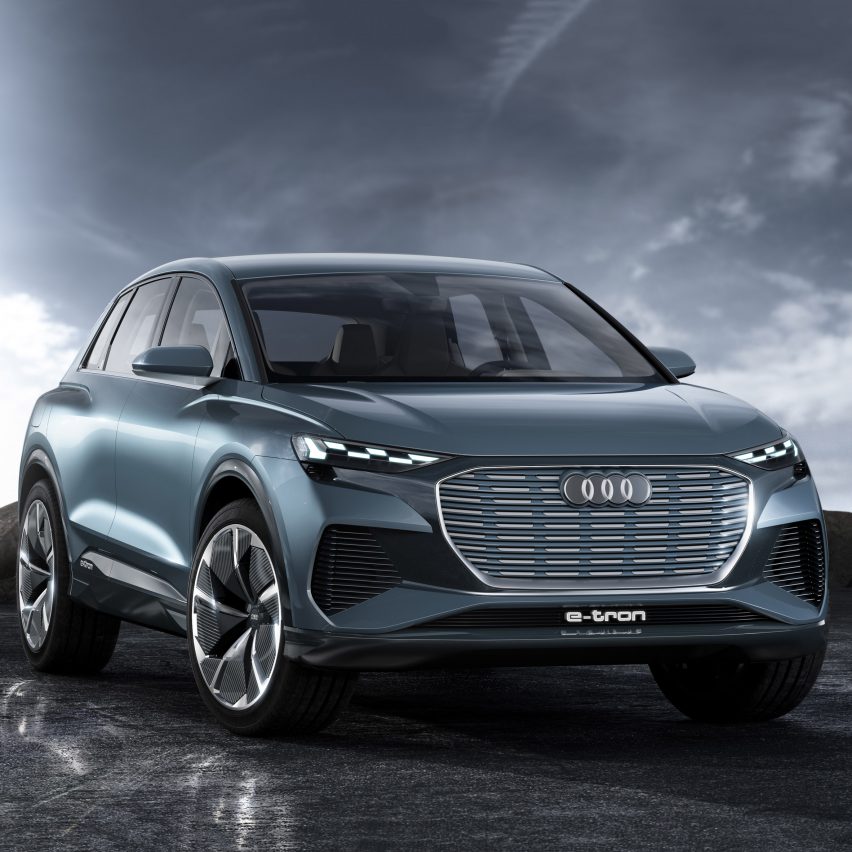
Q4 e-tron by Audi
Audi presented its latest all-electric SUV concept at this year's motor show, which will be the company's fifth all-electric vehicle when it goes into production in 2020.
In addition to a vegan interior – using Alcantara material for the seats and recycled floor coverings – the Q4 e-tron also includes a specially developed exterior blue paint colour, called Solar Sky, which reflects a short-wave fraction of sunlight to reduce heat build-up in the car, meaning less energy is needed to cool the car on hot days.
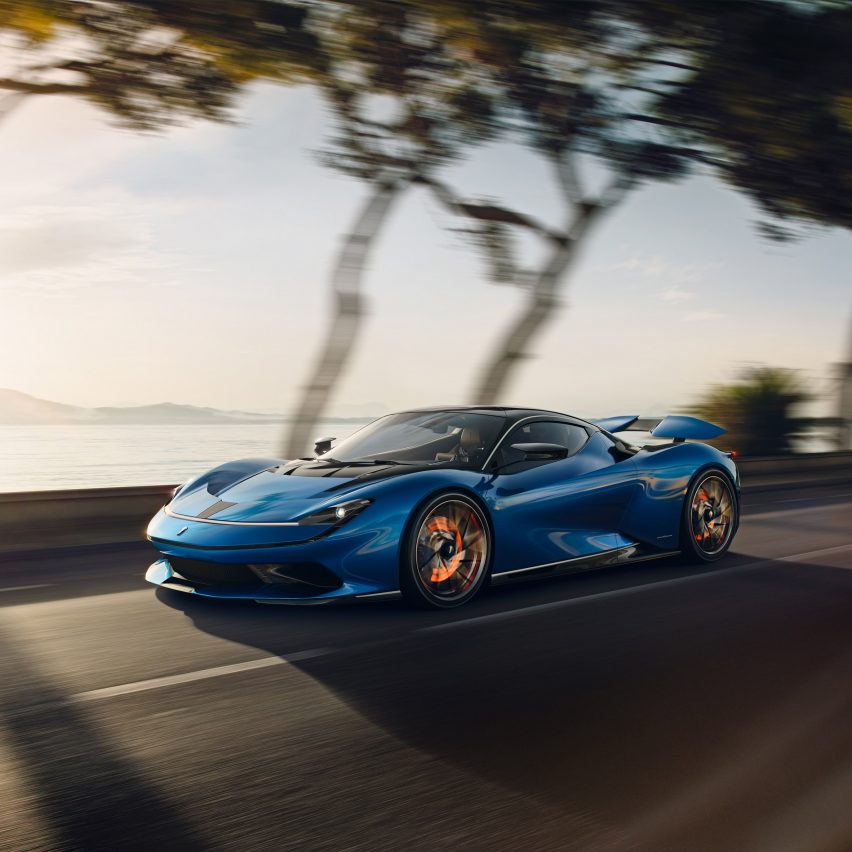
Battista by Pininfarina
Billed as the most powerful road-legal car to ever be designed and built in Italy, the Battista is a sleek fully-electric hypercar that can go from zero to 60 miles per hour in under two seconds.
The $2.6 million car uses four electric motors, one for each wheel, to create a total power output of 1,400kW, the equivalent of 1,900 horsepower.